These behind-the-scenes strategies explain how the wealthy enjoy first-class travel perks—and how you can apply the same principles for a better trip.

Travel can feel like a game where some passengers always win, and luxury travelers seem to play with insider knowledge. What most people don’t realize is that many of their advantages aren’t about money alone—they’re about understanding systems, making strategic choices, and knowing where to look.
From private airport shortcuts to hidden upgrade paths, the world of high-end travel runs on mechanisms that anyone can learn. By spotting the common tactics rich travelers use, you can make smarter decisions that save money, reduce stress, and bring more comfort to your next journey.
1. Airlines quietly offer upgrades when you know how to ask.

Many wealthy travelers rarely buy the most expensive tickets; instead, they rely on timing, loyalty status, and upgrade windows. Gate agents and check-in systems sometimes release unsold business or first-class seats at reduced rates. Knowing to ask politely—often close to departure—can open doors. For everyday travelers, the practical takeaway is to join a frequent flyer program, monitor available seats through the airline’s app, and ask at the gate if upgrades are available, as mentioned in Business Insider. You won’t always succeed, but persistence and timing can make premium seats accessible without paying full price.
2. Credit card partnerships unlock hidden benefits.

Luxury travelers lean on premium credit cards that come with access to airport lounges, free checked bags, priority boarding, and even travel insurance. These perks can seem invisible until you know they exist, but they drastically change the airport and in-flight experience. For the average traveler, choosing one solid travel-focused credit card with built-in lounge access or annual travel credits can deliver comfort and savings that rival elite perks, according to Trip Concierge. Just remember to factor in annual fees and choose cards that fit your actual travel habits.
3. Private airport services bypass long lines.
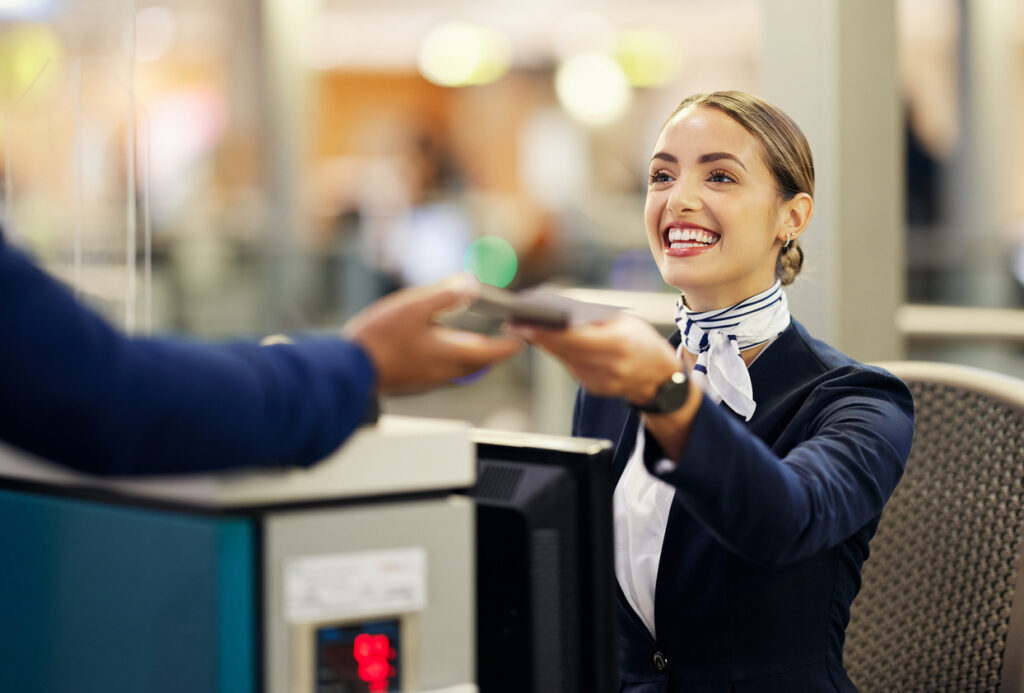
Many airports around the world offer VIP meet-and-greet services, where staff handle check-in, luggage, and even security escorts. Wealthy travelers use these to skip stress and time sinks. While private services can be pricey, some airports sell day-of access or partner with concierge providers for a fraction of the cost of missing a flight. Everyday travelers can look for “fast track” or “priority lane” services, often bundled with business-class tickets or available as an add-on for economy flyers willing to invest in time saved, medium.com reported.
4. Hotel upgrades often come from loyalty, not spending.
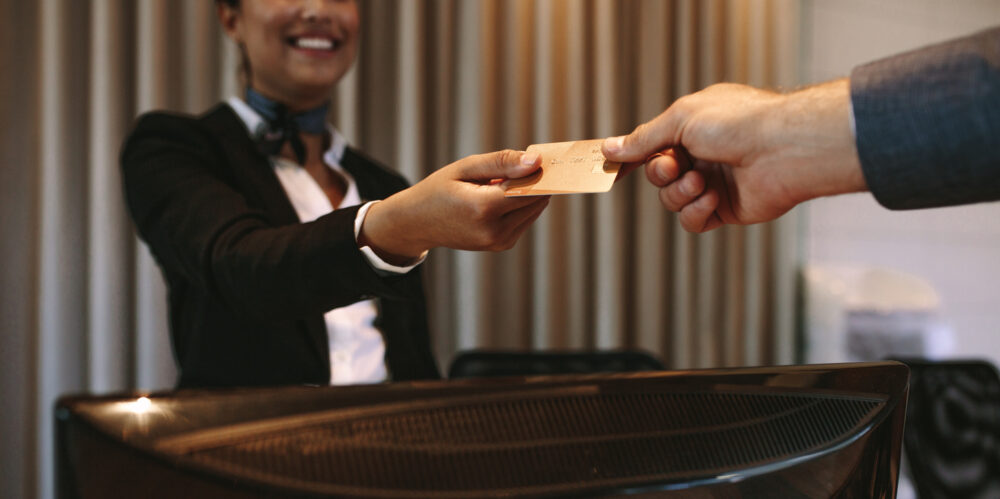
High-end travelers don’t always book the fanciest suites—they build loyalty relationships with specific hotel brands. Many hotels quietly upgrade frequent or elite members, especially when better rooms would otherwise go unused. For everyday travelers, joining free hotel loyalty programs can pay off quickly. Booking directly through the hotel’s site (instead of third-party apps) also boosts your chances. Even without elite status, politely asking at check-in if any complimentary upgrades are available can occasionally unlock a bigger room or better view.
5. Concierge networks open hidden experiences.

Wealthy travelers rely heavily on concierges—both hotel-based and independent networks—to secure sold-out reservations, private tours, or after-hours museum access. These services thrive on connections and advance planning. Everyday travelers can replicate this by reaching out to hotel concierges before arrival, asking about unique local experiences, or booking tours through vetted providers. Even if you can’t afford private access, simply asking what’s possible often reveals options you wouldn’t find in a guidebook or on an app.
6. Flexibility beats rigid planning for better deals.
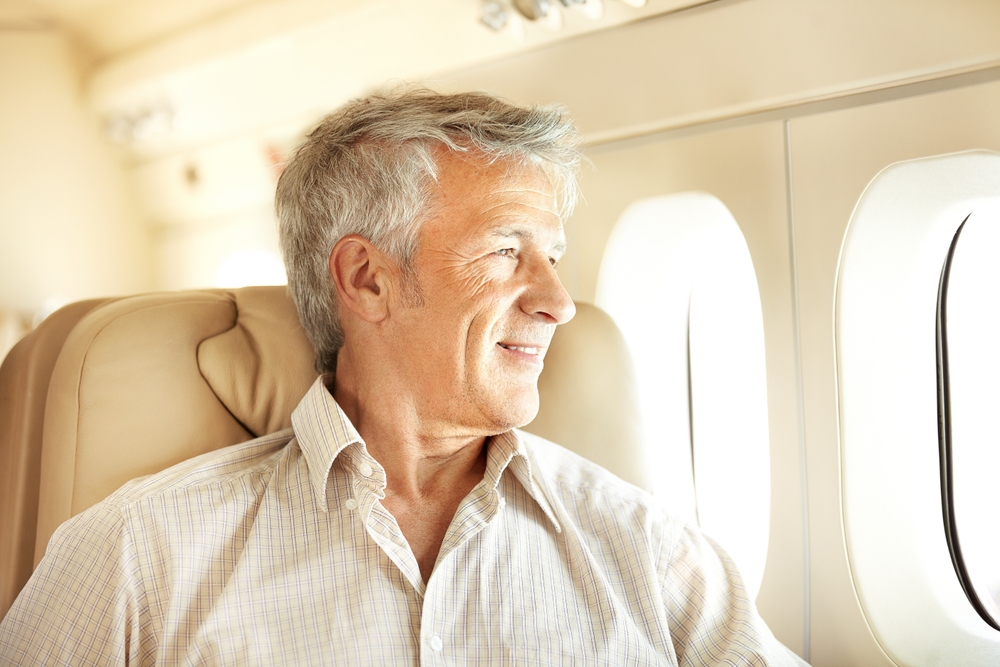
The wealthy often have the freedom to travel on short notice, and this flexibility lets them take advantage of last-minute deals, empty seats, or off-peak discounts. For everyday travelers, building flexibility into your plans—even by one or two days—can save hundreds of dollars. Tools that allow you to search “any date” or “cheapest month” can expose these hidden opportunities. If you must travel on set dates, consider flexibility in airports or layovers, where the savings can be equally significant.
7. Luxury doesn’t always mean new—it means well-kept.
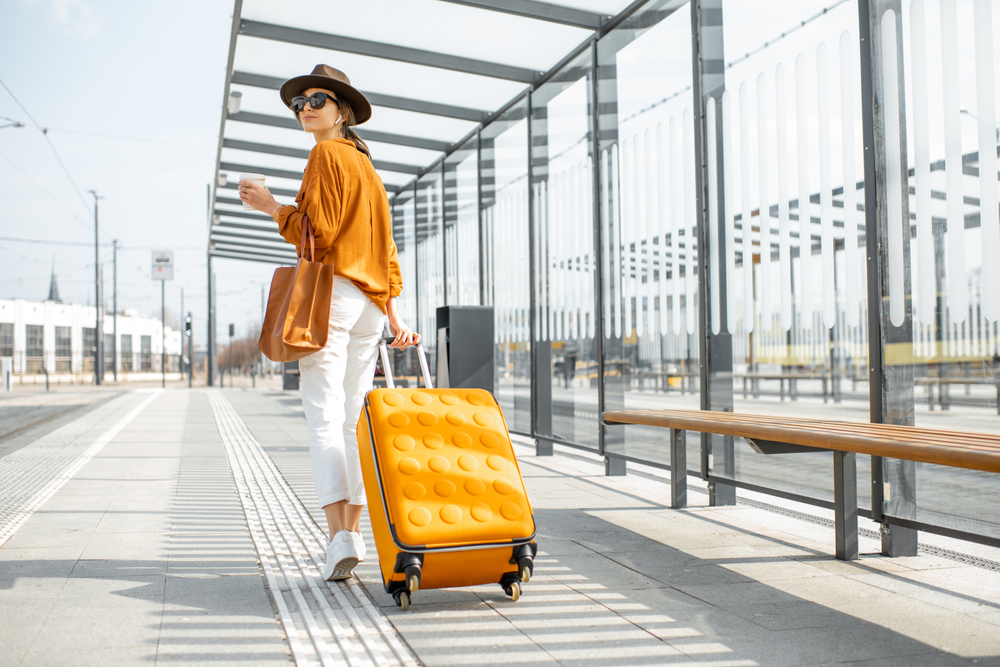
A common myth is that rich travelers always buy brand-new luggage, clothing, or accessories. In reality, they often invest once in high-quality gear and maintain it carefully for years. For everyday travelers, the lesson is to prioritize durability over flashy branding. A well-built carry-on, comfortable shoes, and versatile clothing can elevate your experience more than trendy but impractical items. Maintenance—like cleaning luggage wheels or repairing zippers—helps your gear last longer and perform reliably across trips.
8. Privacy is engineered through planning.
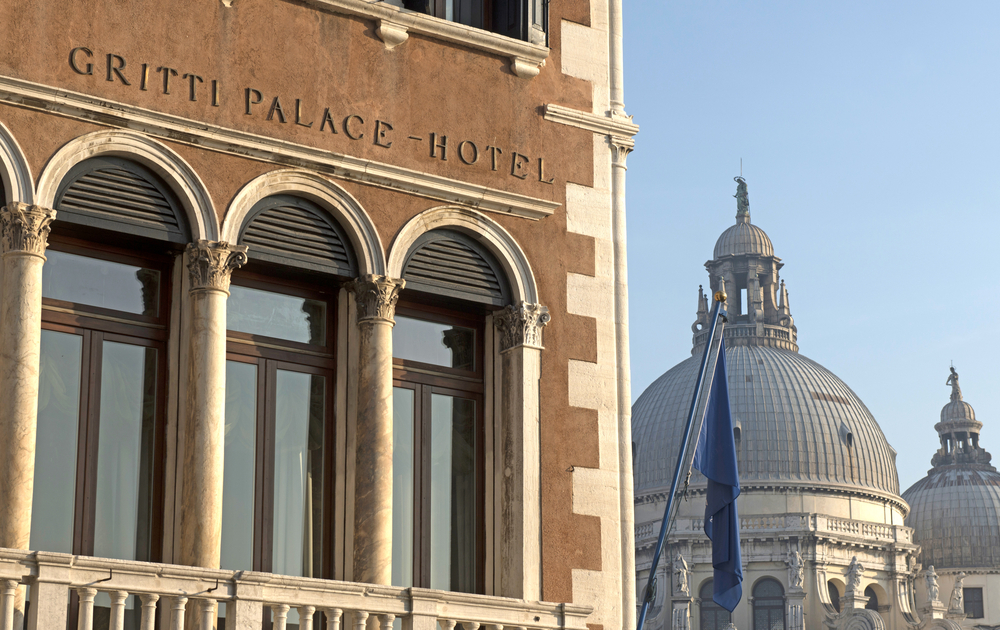
One of the biggest luxuries is simply avoiding crowds, noise, and chaos. Wealthy travelers design privacy into their itineraries by choosing smaller airports, boutique hotels, or private transfers. Everyday travelers can mimic this by flying at off-peak times, booking less crowded midweek hotel stays, or opting for smaller tours instead of mass excursions. It’s less about money and more about knowing that peace of mind is part of the travel equation. A little strategic planning can buy you more breathing room without breaking the bank.
